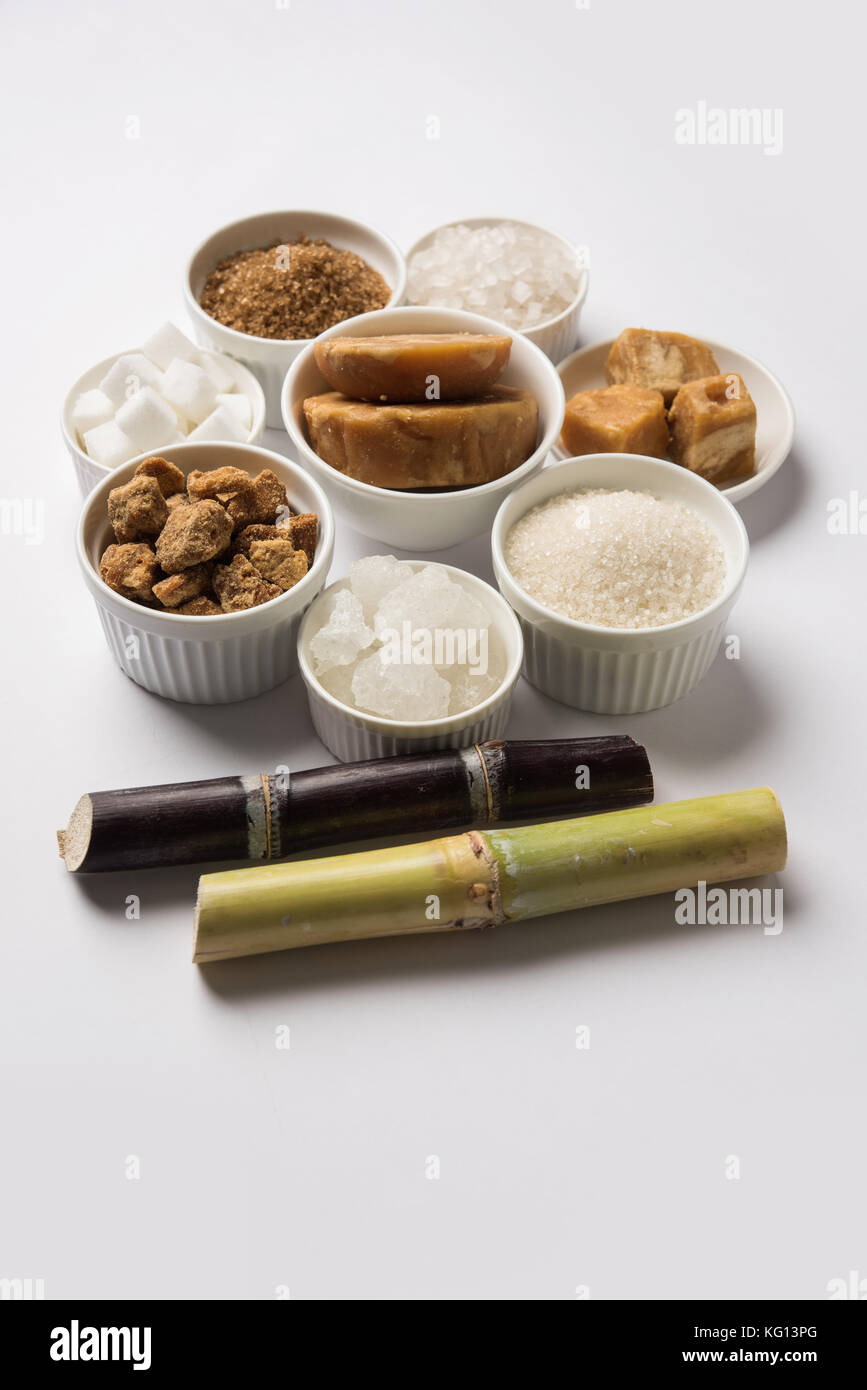Sustainable Sugarcane Products: From Sweeteners to Eco-Friendly Item
The capacity of lasting sugarcane products extends past standard sweeteners to incorporate a variety of environment-friendly goods, presenting a compelling situation for their assimilation right into modern-day consumer methods. As the globe grapples with pushing ecological problems, sugarcane emerges as a flexible resource capable of dealing with both nutritional needs and sustainability objectives.
Introduction of Sugarcane Sustainability
As the demand for eco-friendly products expands, understanding sugarcane sustainability comes to be increasingly vital. Sugarcane, a functional plant, is grown mostly in subtropical and tropical regions, and its sustainability is essential for both environmental health and financial feasibility. Sustainable sugarcane farming methods concentrate on reducing ecological influence while making best use of efficiency and productivity.
Secret facets of sugarcane sustainability consist of effective land usage, decreased chemical input, and boosted water monitoring. Practices such as crop rotation, incorporated parasite monitoring, and natural fertilization add to soil wellness and biodiversity. In addition, ingenious innovations, such as precision farming, assistance maximize resource use and decrease waste.
Moreover, sugarcane is a renewable energy, with spin-offs that can be used in different markets, from biofuels to eco-friendly plastics, therefore lowering reliance on nonrenewable fuel sources and diminishing carbon footprints. Certifications like the Bonsucro basic motivate lasting practices throughout the supply chain, advertising transparency and responsibility.

Sugarcane-Based Sugar
Using sugarcane as a primary source, sugarcane-based sugar have actually acquired prominence as all-natural choices to refined sugars and sweetening agents (sugarcane product). These sugar, stemmed from the removal and processing of sugarcane juice, provide a series of items that satisfy varied customer choices, including natural and minimally processed options
Raw walking cane sugar keeps more of the all-natural tastes and nutrients found in sugarcane, making it a popular choice for health-conscious consumers. Panela, a standard Latin American sweetener, is created by vaporizing sugarcane juice, preserving its all-natural minerals and vitamins.
The expanding demand for sugarcane-based sugar is driven by boosting recognition of health and wellness and sustainability concerns associated with traditional sugar. By selecting sugarcane-derived items, consumers not only sustain lasting farming techniques but additionally add to a healthier lifestyle, straightening their nutritional options with their environmental worths.
Naturally Degradable Product Packaging Solutions
Becoming a feasible alternative to conventional plastics, biodegradable product packaging options originated from sugarcane are changing the packaging market. These cutting-edge products supply an eco pleasant choice that deals with the growing issues over plastic pollution. Utilizing the natural sugars found in sugarcane, suppliers are establishing different types of eco-friendly packaging, consisting of movies, containers, and covers that decompose much more rapidly than traditional plastics.
The main benefits of sugarcane-based packaging lie in its sustainable sourcing and its capacity to damage down right into non-toxic byproducts. Unlike fossil fuel-derived plastics, which can persist in the environment for hundreds of years, sugarcane product packaging normally decays within a few months under appropriate problems. This reduction in waste not just minimizes land fill overflow however additionally reduces the carbon footprint related to product packaging materials.
In addition, sugarcane-derived product packaging maintains robust efficiency qualities, offering my website equivalent resilience and functionality to traditional alternatives. As customers and organizations progressively prioritize sustainability, the adoption of biodegradable product packaging options represents a considerable step in the direction of a circular economy, where materials are reused and regenerated instead than disposed of. This change not only boosts brand name picture but also contributes to a much more sustainable future for the world.
Eco-Friendly Textiles and Fabrics
Environmentally friendly textiles and materials are getting grip in the style and home products sectors as consumers progressively require sustainable options to typical materials. Amongst the noteworthy options are fabrics derived from sugarcane, which offer an environmentally liable option to synthetic fibers. These textiles are produced via a procedure that makes use of the renewable energies discovered in sugarcane, considerably minimizing dependence on petroleum-based products.

Brands are significantly integrating environmentally friendly textiles right into their product lines, showing a more comprehensive commitment to sustainability. This shift is not simply a trend yet a needed development in reaction to environmental concerns. As the marketplace for lasting textiles broadens, customers can eagerly anticipate innovative designs that incorporate design with environmental duty. Eventually, environmentally friendly fabrics and textiles represent a significant step towards decreasing the fashion business's environmental impact while providing to the expanding demand for liable customer choices.
Developments in Sustainable Farming
Transforming agricultural practices, developments in lasting farming are changing the way plants are grown and handled. These improvements concentrate on lessening environmental impact while making best use of efficiency and performance.

Additionally, agroecology, which incorporates environmental concepts right into farming, promotes biodiversity and dirt health and wellness. Practices such as plant rotation, cover chopping, and intercropping foster resistant environments that can hold up against bugs and climate variations - sugarcane product. In addition, making use of natural fertilizers and biopesticides contributes to much healthier soils and communities

With each other, these innovations are not just reshaping the agricultural landscape but also adding to a much more lasting future for sugarcane and other plants, straightening farming practices with ecological stewardship.
Conclusion
Lasting sugarcane products stand for a significant improvement in environmentally friendly alternatives, extending from all-natural sweeteners to eco-friendly goods. As customer preferences progressively lean in the direction of sustainable alternatives, the flexibility of sugarcane as an eco-friendly resource ends up being significantly relevant.
The capacity of lasting sugarcane products prolongs past traditional sweeteners to include an array of environmentally check here friendly products, presenting a compelling situation for their assimilation right into modern consumer methods. Lasting sugarcane farming practices focus on lessening eco-friendly impact while making the most of efficiency and productivity.
Lasting sugarcane products represent a significant improvement in eco-friendly alternatives, spanning from natural sweeteners to biodegradable items. The cultivation of sugarcane through sustainable practices not only enhances environmental wellness but also contributes to financial viability. As consumer preferences increasingly lean towards lasting choices, the adaptability of sugarcane as a sustainable source ends up being progressively relevant.